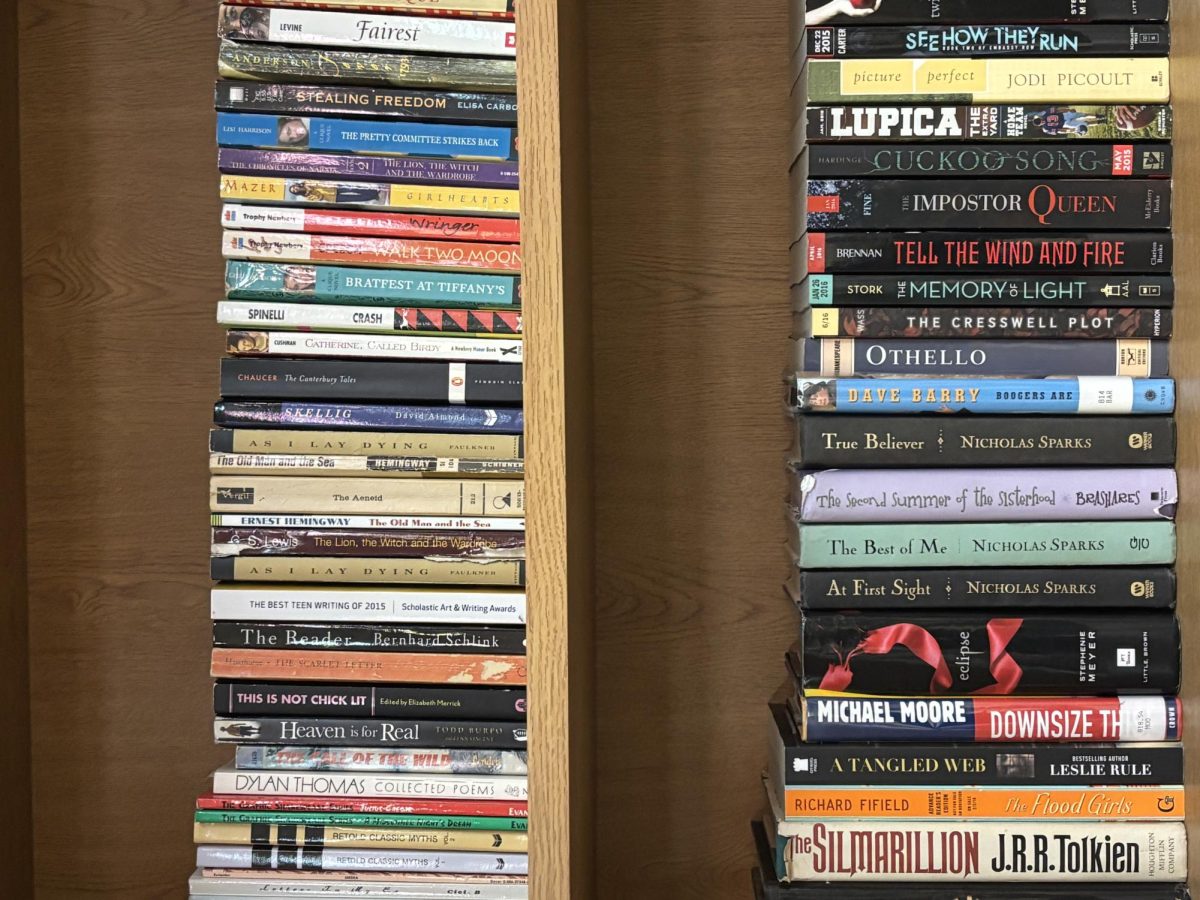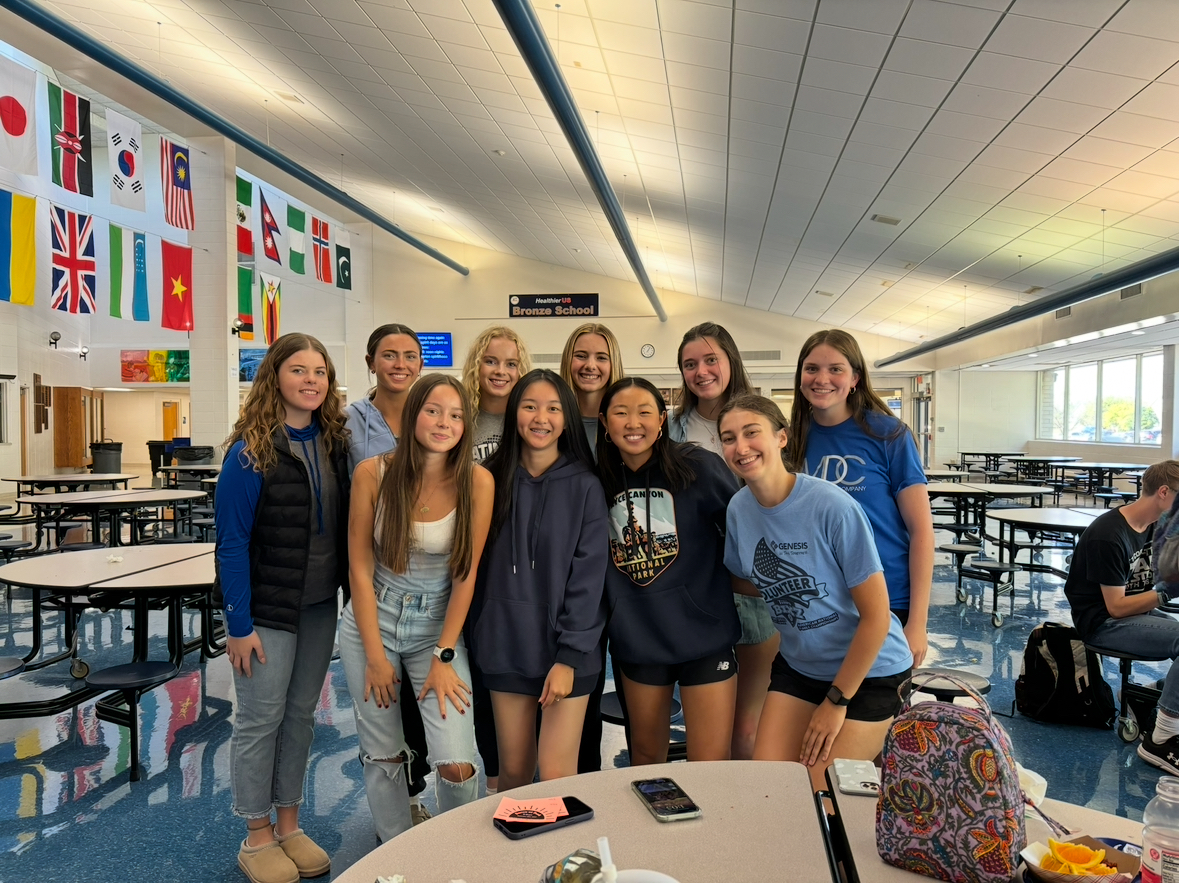- Great Gatsby – F. Scott Fitzgerald
Fitzgerald’s exploration of universal themes appeals to all readers so it makes sense to put this book first. Its tragic romance and critique of the American dream reinforces the true nature of American culture, under which materialistic desires supercede all others. By incorporating a unique pattern of complex syntax and image-heavy writing, Fitzgerald provides readers with a sense of elegance, engaging the reader further into the novel.
- Animal Farm – George Orwell
An allegory for the Russian Revolution and the Soviet Union, Animal Farm alludes to the dangers of corruption through the personification of common barnhouse animals. Orwell’s writing style is simple, but the message is applicable everywhere and whenever, making it a must-read.
- To Kill a Mockingbird – Harper Lee
Although it is often criticized for its poor portrayal of black characters – or lack thereof – Lee’s novel introduces students to excellent world-building and author’s craft. Her portrayal of childhood through characters like Scout and Jem perfectly embodies the sense of innocence all children feel.
- 1984 – George Orwell
Orwell’s 1984 warns people of the dangers of censorship and propaganda. The allusion of ‘big brother’ as an overarching representation of government overreach and oppression mimics real-world tyrannical governments. It gives readers a reason to resist tyranny in the real world, while also encouraging them to appreciate the world around them.
- The Awakening – Kate Chopin
Chopin’s novel was initially published in 1899, yet, its thematic patterns covered existing societal issues like conformity, gender roles, identity. Furthermore, she wove into the book such thematic concepts seamlessly, immersing the reader into the early 1900s.
- Lord of the Flies – William Golding
Throughout the novel, Golding constantly embraces the idea of humanity and its ability to resist human nature. It induces, within the reader, internal inquiry as to how people would behave in the absence of order, allowing them to immerse themselves into the struggles of the characters themselves.








